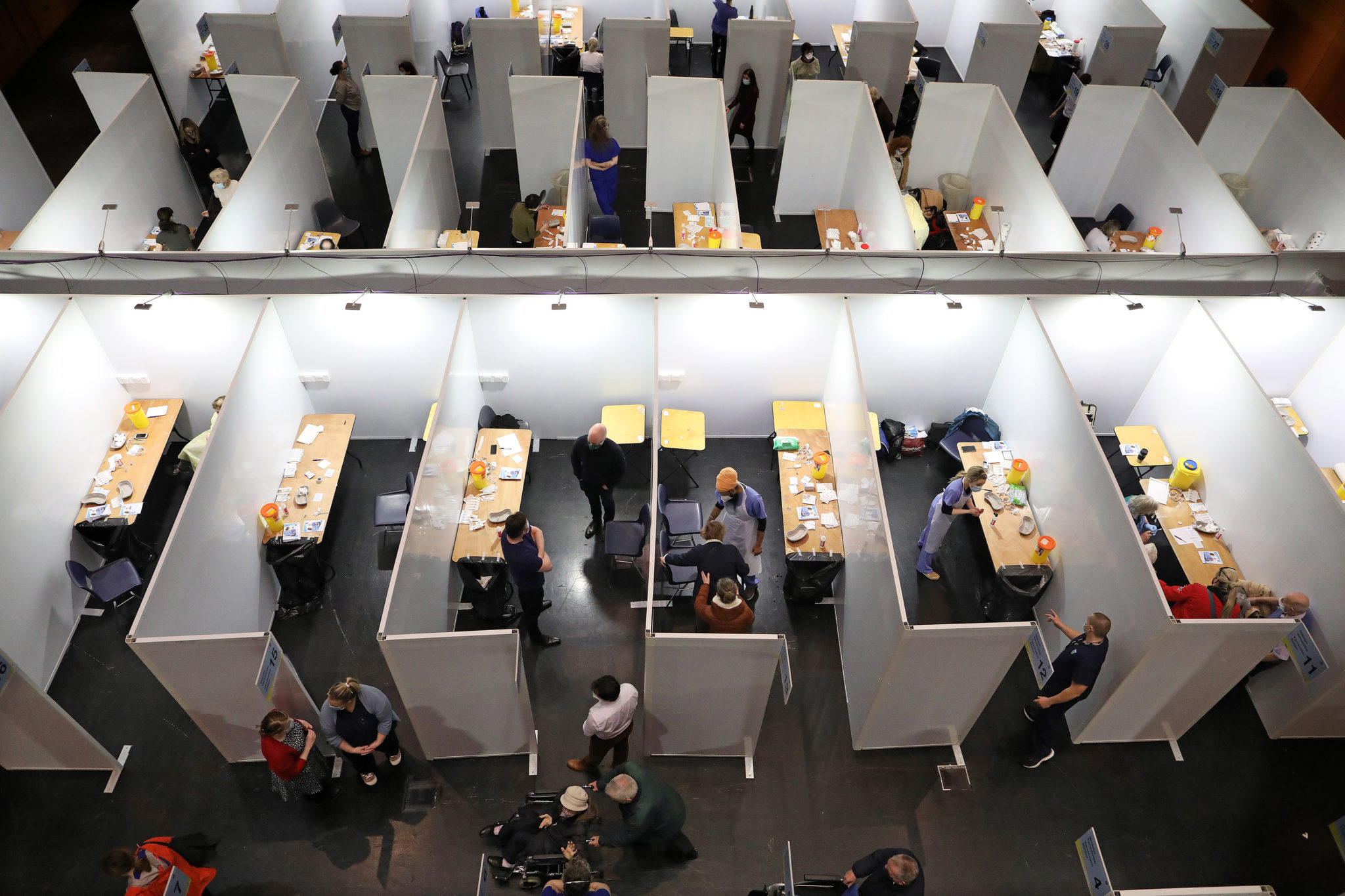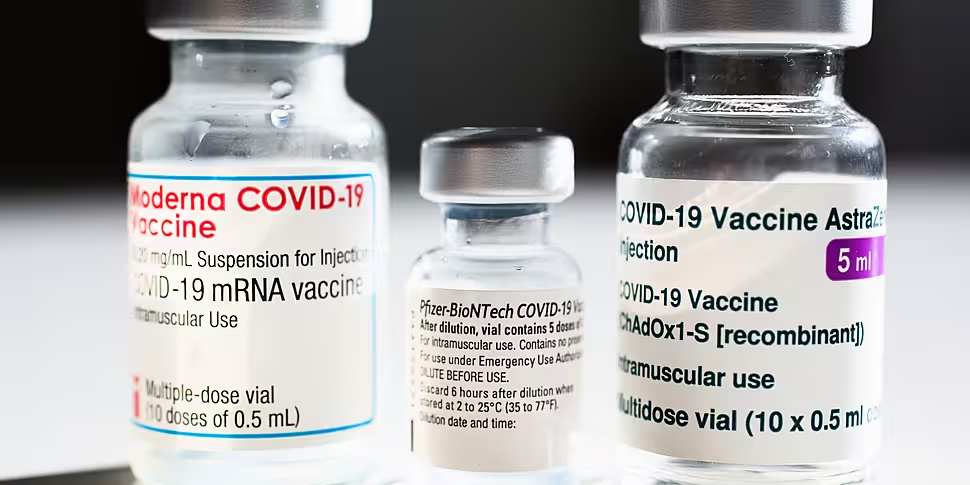The public should not be concerned as yet over whether COVID-19 vaccines will be effective against the variant originating in Brazil.
That's according to Dr Lucy Jessop, Director of the HSE's National Immunisation Office.
On Friday, the Department of Health confirmed that three cases of the variant have been identified here for the first time.
All of the cases are associated with recent travel from Brazil.
The Deputy Chief Medical Officer Dr Ronan Glynn said that further studies are needed to determine whether this variant is likely to have an impact on vaccine effectiveness or infection severity.
Meanwhile, infectious disease expert Professor Sam McConkey said there is no evidence as yet that the strain is more transmissible than other variants, including the mutation from the UK which is now dominant in Ireland.
Speaking to On The Record with Gavan Reilly, Dr Jessop sought to reassure people who may be concerned about the efficacy of COVID-19 vaccines against the latest strain from Brazil.
She said the important thing to note was that nearly 90% of the variant present in Ireland is the strain that originated in the UK.
Data shows that immunisations developed by the three manufacturers authorised here, Pfizer, Moderna and Oxford-AstraZeneca, are effective against the UK variant.
Dr Jessop said authorities are keeping "a close eye" on looking for new variants, while vaccine manufactures are also monitoring the new mutations to see whether changes will have to be made to the inoculations in the future.
"The most important thing is to be confident that the vaccines we have are effective the main variants we have circulating in Ireland at the moment," she said.
Priority list
It follows the news that thousands of people between 18 and 64 with underlying health conditions are expected to be moved up the country's vaccine priority list.
The final details are being worked on, with the Health Minister set to bring a memo to Cabinet on Tuesday after updated advice was issued from the National Immunisation Advisory Committee.
Meanwhile, latest figures as of last Thursday show almost 206,000 first doses of vaccine have been administered here, along with more than 120,000 second doses.
 The HSE COVID-19 mass vaccination centre in the Helix, DCU, yesterday. Credit: Julien Behal Photography
The HSE COVID-19 mass vaccination centre in the Helix, DCU, yesterday. Credit: Julien Behal PhotographyDr Jessop says recent supply problems will not be an issue in the months to come.
"In the second quarter of this year the indications are still relatively fluid so I wouldn't want to make any firm predictions," she said.
"I do know there will be quite a ramp-up in the second quarter and we may well have the Johnson & Johnson vaccine authorised in the mid-March time which means it might be available of the second quarter as well.
"I think the indications are good that we should have a large amount of more vaccines in quarter two which is really good news for us."









